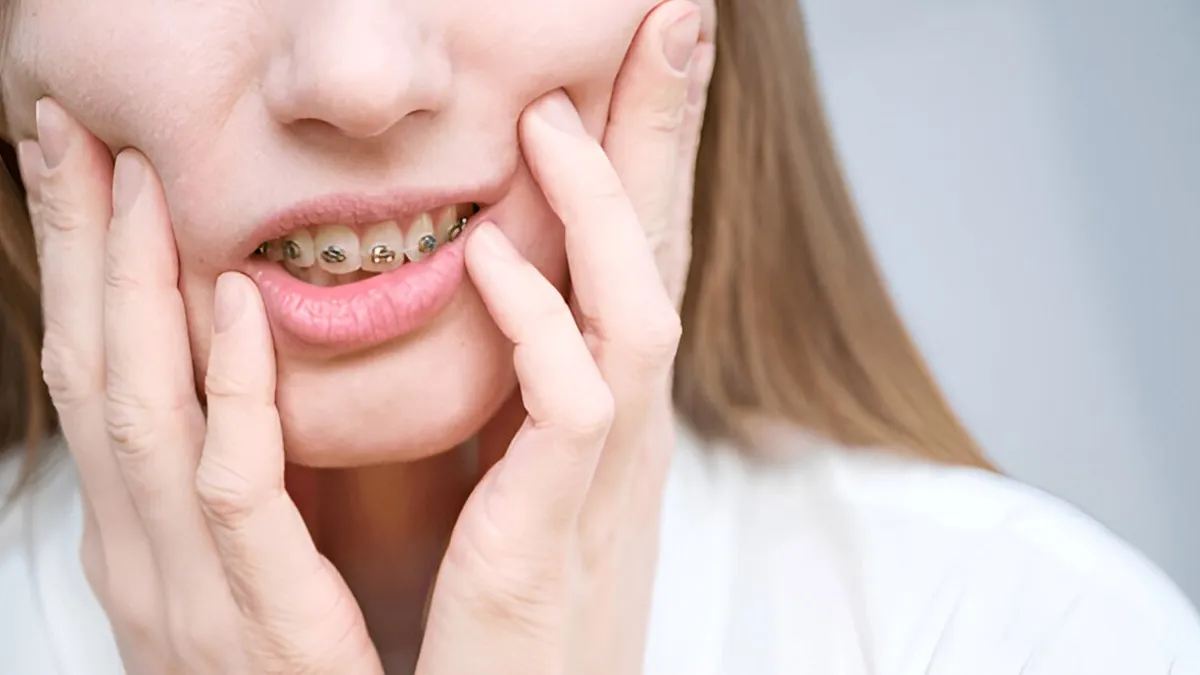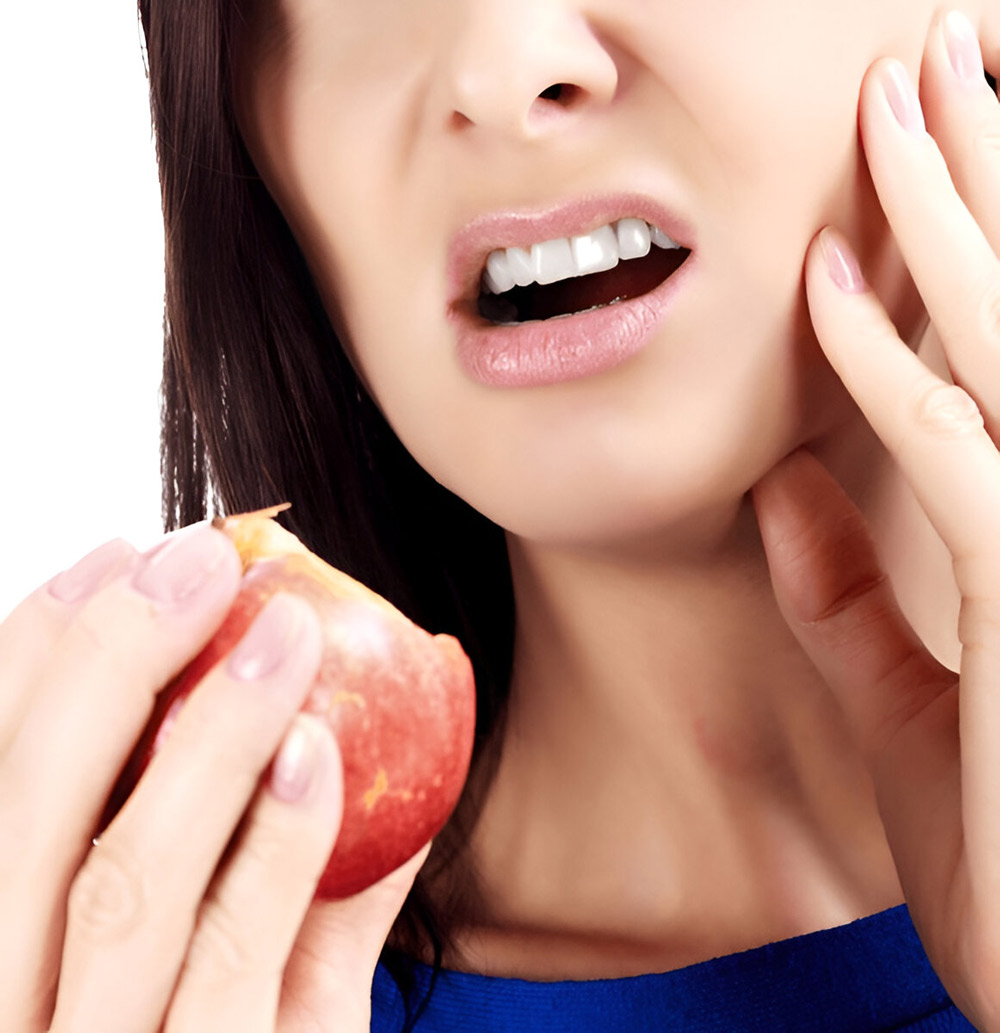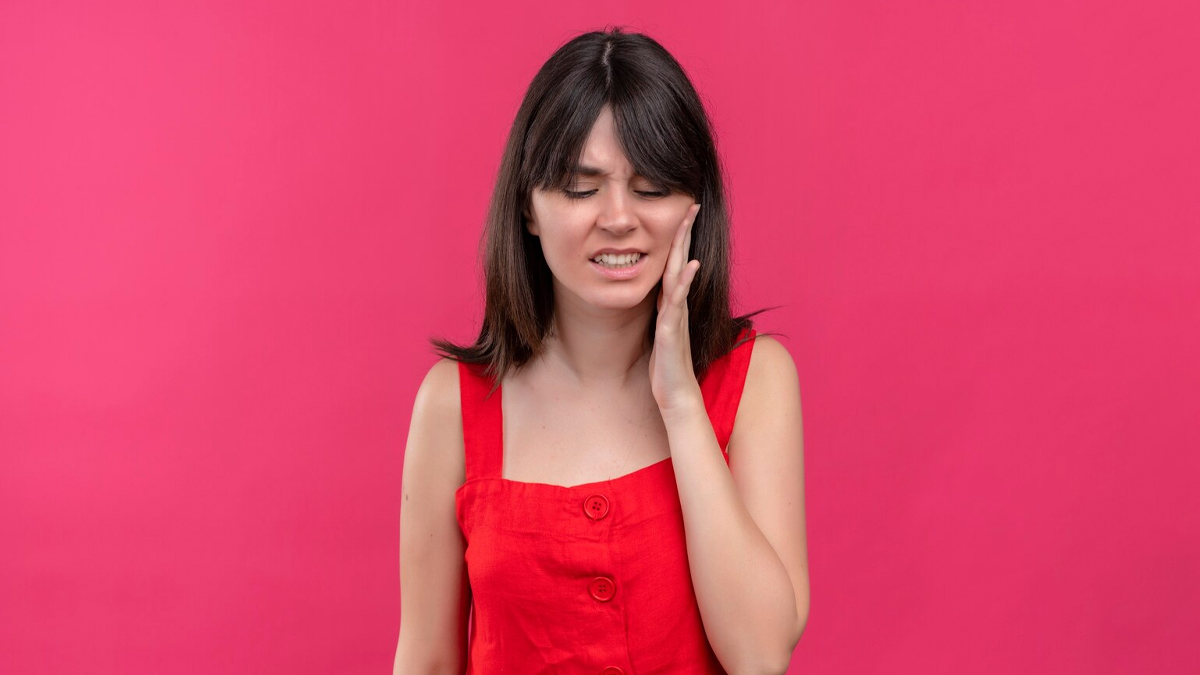
Biting the inside of your cheek may seem trivial, but it can turn into a frustrating cycle. The area becomes swollen, causing you to have an easier time biting it again. In no time, you're left with an aching spot that won't heal, and the habit continues to play out, particularly when you are anxious, preoccupied or in deep thought.
Table of Content:-
Accidental Vs Habitual: What’s Going On?
There are two main reasons you might be biting the inside of your cheek:

- Accidental biting: Usually occurs when eating or speaking. It may be because of the way your teeth fit together or the way your jaw operates. If your bite is a little uneven or your wisdom teeth have moved everything out of place, a portion of your cheek will continue to slip between your teeth.
- Habitual chewing: This is more subconscious. You may be finding yourself biting or pinching a certain area without even noticing it, particularly when you are stressed, anxious, bored or trying to focus. It's similar to nail biting, but inside your mouth.
Some people do it during meetings. Some do it while binge-watching. Others do it when they’re just zoning out. But over time, the skin inside your mouth can get rough or thickened, making it even easier to bite again.
Among adolescents and adults, studies put the prevalence of lip/cheek biting at 3–6%, with childhood incidents closer to 1–2%, according to a 2006 study.
Also Read: Ask The Expert: Can Chronic Cheek Biting Lead To Cancer?
Why It’s Not Harmless
Cheek biting might not seem like a big deal, but repeated trauma can lead to more than just a sore spot. Here's what might come with it:

- Tiny ulcers or painful cuts
- Swelling or irritation that keeps getting worse
- Difficulty chewing or talking properly
- Constant discomfort, especially if the same area keeps getting hit
- Embarrassment if you catch yourself doing it in public
If the skin keeps getting injured, it also takes longer to heal, which means that vicious cycle can drag on for weeks, or even longer.
How Do You Stop Cheek Biting?
Notice When It Happens
Begin noticing your triggers. Is it when you're eating too quickly? When you're anxious? During long business calls or while scrolling through your phone? Knowing when you do it can assist you in intercepting the urge before it becomes a habit.
Fix What You Can Physically
Sometimes it's worth getting your bite checked. Even minor alignment issues or sharp tooth edges can make certain areas more prone to getting bitten. A visit to the dentist might help rule that out, or fix it if needed.
Also Read: Causes Of Swollen Cheeks Other Than Injury, Expert Weighs In
Find a Distraction That Works
If it's more of a nervous tic, work on replacing it. Chew sugar-free gum, drink water, or keep your hands occupied. Even carrying a small item like a pen or a fidget toy can distract from the urge when it arises.
Stress Management Matters
Since cheek biting is often tied to stress, anything that helps you unwind can make a difference. Whether it’s deep breathing, light stretches, journaling, or just stepping away from your screen, small habits add up.
Be Patient With Yourself
It’s easy to feel frustrated, especially when the habit comes back out of nowhere. But change takes time. The more you become aware of it and gently interrupt the cycle, the better your chances of healing both the sore and the habit.
Bottomline
Cheek biting may seem minor, but it can become an everyday nuisance that’s hard to shake off. Whether it’s an accidental nibble or a nervous habit, your body is trying to tell you something, slow down, pay attention, or take a breather. It’s not about being perfect. It’s about being kinder to yourself (and your cheeks). They’ve taken enough hits already.
[Disclaimer: This article contains information for informational purposes only. Hence, we advise you to consult your professional if you are dealing with any health issue to avoid complications.]
Also watch this video
How we keep this article up to date:
We work with experts and keep a close eye on the latest in health and wellness. Whenever there is a new research or helpful information, we update our articles with accurate and useful advice.
Current Version
